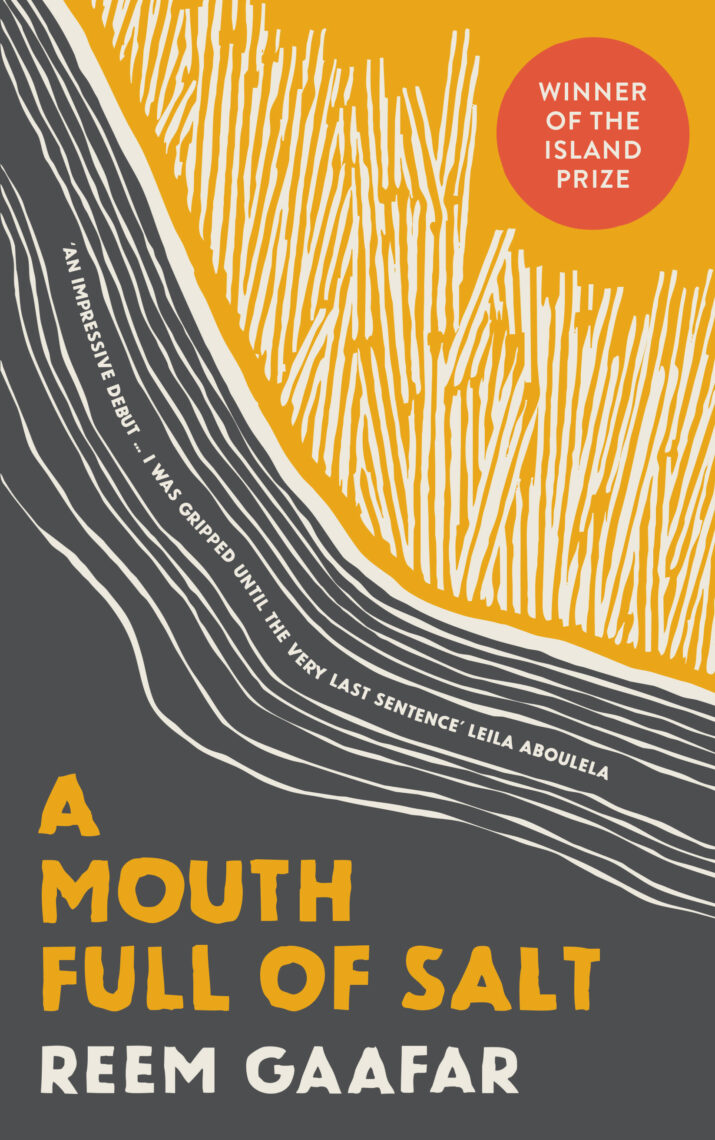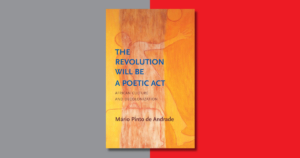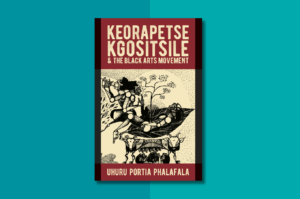One
Until a body was actually found, they referred to him as ‘missing’. But they went about their business of looking for someone who was dead, not alive. They weren’t looking for a boy, they were looking for a body. It was the same with everyone: they were someone, with a name, until they died or were presumed dead. Then they were immediately referred to as ‘The Body’.
First, they brought in skilled swimmers who combed the river from bank to bank, swimming with the current for several metres and then turning against it back to where the person was last seen. Diving deep below the surface, where the sunlight of the living world stopped short a few feet in and gave way to murky, morbid darkness, they fanned blindly around with their eyes wide open, their experienced fingers discerning root and fish from human limb or clothing. Experience taught them that bodies almost always stayed in the area where they drowned, often held down by tree roots and thick rushes like ropes, and would be found within a four or five-metre radius of where the person had fallen in.
Then, if still no body materialised, they would call for a pusher-tug boat from the River Transport Corporation headquarters upstream in the town of Karima. These little vessels, which were used to tow the bigger barges into port when they were brought in for maintenance, had powerful engines and greatly elevated the search efforts. It usually took some personal connections to secure a tug and its driver for a few hours, for their village was small and far away and the Corporation was a busy place. However at this time of year, during the low-water period between February and March, the tugboat’s services could be acquired with little effort, as traffic was slow in the Dongola Reach between Karima and Dongola. Also, the war waged on in the South, all but shutting down the Southern Reach between Kosti and Juba where the South Sudanese rebels kept sinking the passing steamers. The tugboat would chug around the perimeter of the area where the body was last seen, its powerful engine churning the water and agitating the river floor. Up would come the mud, the weeds, the fish, and – if they were lucky – the body. Back and forth the noisy tugboat would go, pulling up behind it all that slept at the bottom of the river.
Calls were made to villages downstream, alerting the neighbours to look out for a boy/girl/man/woman of so-and-so physical description, the son/daughter of so-and-so family. If the missing person wasn’t found on the first day, people would take turns to camp around the area and wait for the body to float. The putrefaction process usually took around 48 hours, during which time the intestines filled with gas, strong enough to release the person from whatever was holding them down and allow them to drift up to the surface. Then, wherever they were found, they would be buried, because – as everyone knows – drowned bodies cannot be handled after spending long periods of time in water: the skin becomes friable and rips easily. The bodies are pulled carefully from the water and placed straight into waiting graves that would be dug a short distance away, and prayed over without washing or shrouding. There are several graveyards along the sides of the river coinciding with the shallowest and most turbulent parts of the Nile, where bodies carried downstream are pushed to the surface and caught in place by protruding tree roots and rocks. For as long as people can remember, families from the villages along the Nile travel long distances to pray over their loved ones’ graves, miles away from where they should have been buried, had they died a natural death. It is a tradition as old as the Nile itself, and a fate that is intertwined with the fabric of those living alongside the great river.
The villagers had been diving and swimming since the early morning and the villages downstream had already been alerted to look out for the boy who had gone missing. Men lined the banks of the Nile on both sides, watching the swimmers dipping in and out of the water. The burning sun was moving toward the middle of the sky and the men’s shadows shortened to meet their feet as if they were trying to hide from the heat underneath their jallabiyas. Several young men were stripped down to their waists. They stood over the banks, flexing and waiting for their turn in the water, or lay on their backs, stretching their aching limbs after their swimming shift. The search had begun several long hours ago and discussions were already underway about who would take the first shift camping on the bank that evening, and who would take over tomorrow. The men knew – from long, painful experience – that if a boy this small had not been found at this point then he would most likely be stuck inside a sinkhole deep in the river bed. They compared this drowning to others, counting the hours or days it had taken for each past body to be found.
‘My brother only floated on the fourth day. We thought he had been eaten by crocodiles.’
‘Not unheard of – though thankfully crocodiles have more or less disappeared from these waters now.’
‘–Four whole days until we had a body to bury! My poor mother was never the same again, may Allah have mercy on her soul. I remember it like it was yesterday.’
‘Well keep looking until the sun sets but we can’t keep the tugboat for more than another hour.’
Opinions appeared to rank in importance and authority according to the size and height of the speaker’s turban. The last words were spoken by the man with the largest imma and drew murmurs of assent from the crowd, with one or two men repeating that the tug could not be kept for too long. The man drew even more importance from the fact that it was he who had secured the boat’s services – free, of course, as no one would accept payment for such a sad service.
The missing boy’s father stood silently a short distance away from the group of men and boys, his hands clasped behind his back, staring into the water from under thick, black eyebrows. He wore only a cap on his head – no turban – and did not join in the discussion. Between the cap and the left eyebrow, a jagged scar climbed across his temple and parted the hair on the side of his head. The villagers did not invite him to join them nor asked his opinion, only glanced in his direction occasionally, raising their voices so that their discussion was heard, pausing briefly after each suggestion was put forth, awaiting approval or refusal. Neither was offered and so they went on with their business. On the ground between the men and the father were the missing boy’s abandoned sandals and his crumpled aragi. One sandal lay on its side, betraying its owner’s haste to jump into the water that morning.
***
Buy A Mouth Full of Salt here: Amazon | Saqi Books
Excerpt from A MOUTH FULL OF SALT published by Saqi Books. Copyright © 2024 by Reem Gaafar.










COMMENTS -
Reader Interactions